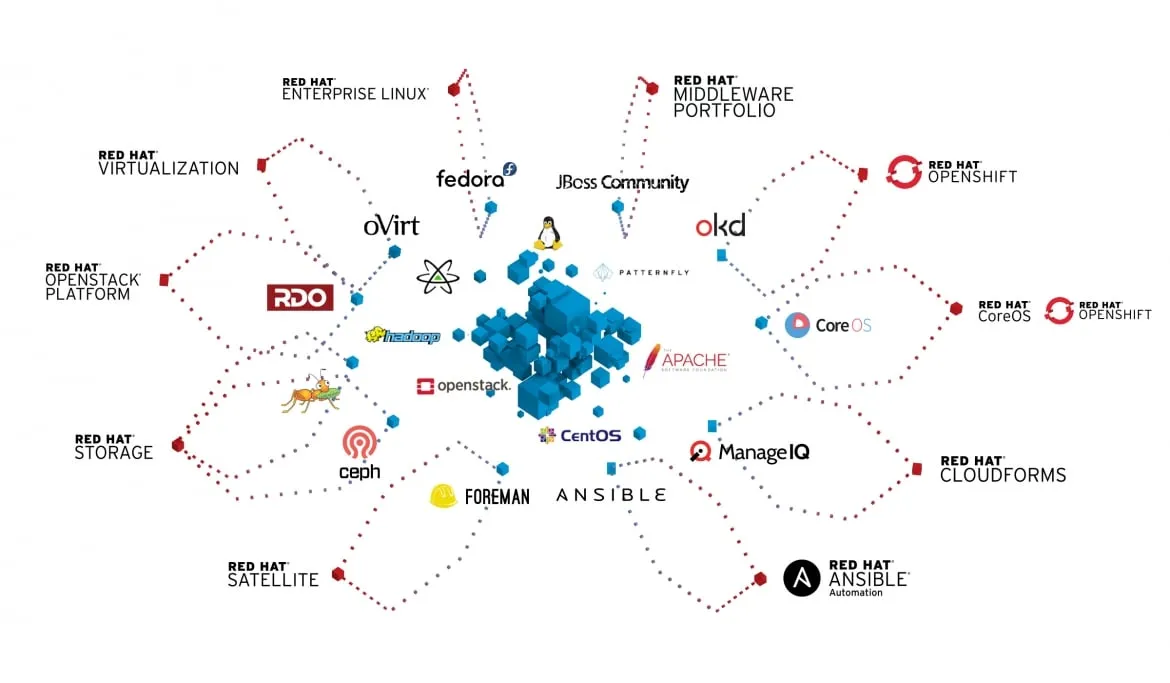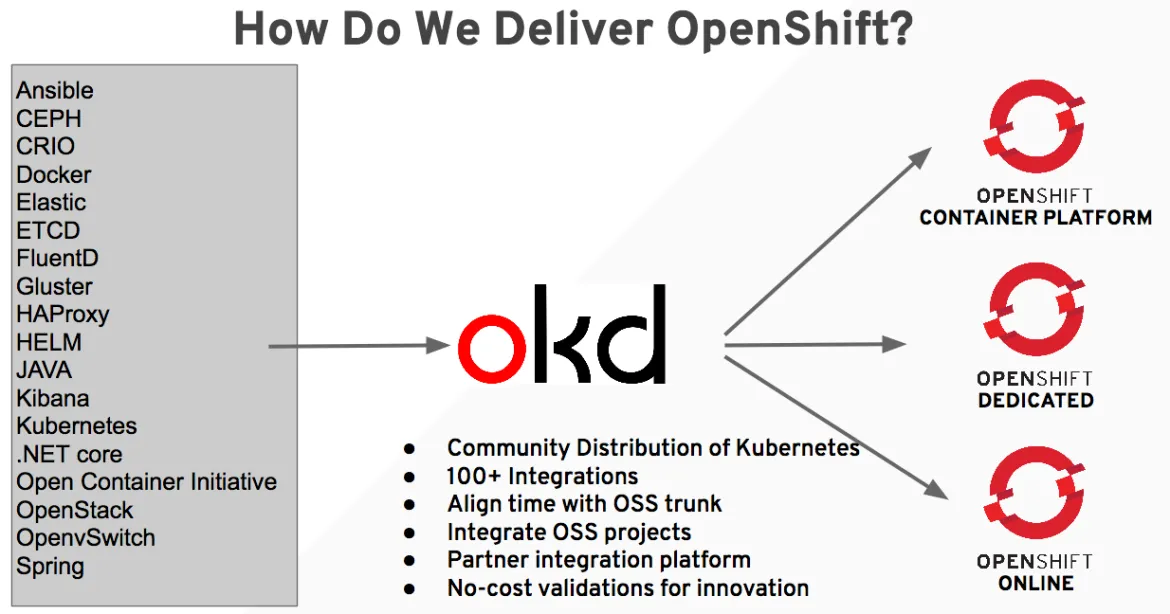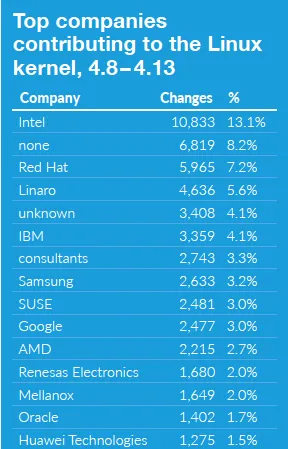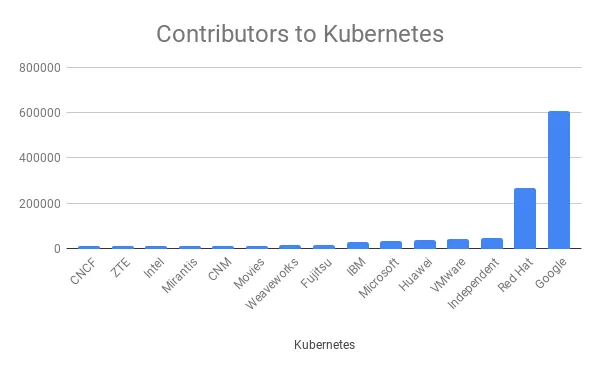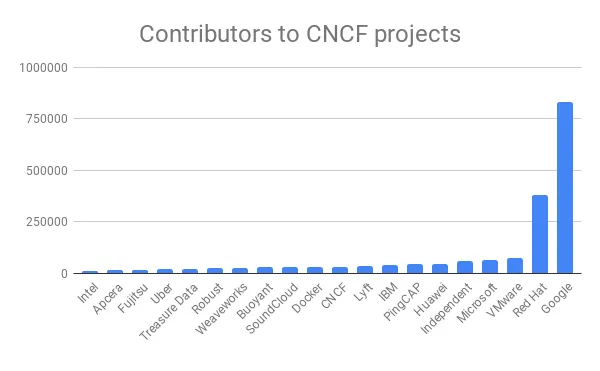The value of commercially supported 100% open source software
In a large commercial kitchen, for example hotels or cafeterias, chefs collaborate to create the recipes and meals. Sure, there is more than enough work for one person, and tasks are divided into chopping, mixing, cleaning, garnishing; but the recipe is collaboratively created.
Suppose one chef broke away and created his or her own recipe? How would the kitchen maintain standards, tastes and reputation? Developing software using open source principles follows a similar theory. (Watch a short video of this process here)
CC Pixabay
When software is developed using open source philosophies, an upstream repository of the code is accessible to all members of the project. Project members contribute to the code, test it, write documentation and can create a solution from that code to use or distribute under license. If an organization follows the main stream or branch of the upstream code their solution will receive all the changes and updates created in the upstream repository. Those changes simply “flow down” to the member’s solution.
However, if a member organization forks the code — if they create a solution that strays from the main stream — their solution no longer receives updates, fixes and changes from the upstream repository. This organization is now solely responsible for maintaining their solution without the benefit of the upstream community, much like the chef that created his/her own recipe and then lost out on developments and changes made by the group of cooks in the kitchen.
Red Hat has a 100% upstream first philosophy. Red Hat software is not forked from the upstream. Below is an illustration of contributions to some of the key open source projects, comprising OpenShift, to which Red Hat contributes:
Red Hat OpenShift is not a fork of upstream Kubernetes, rather it is a merger of key open source projects required to deliver an enterprise ready solution.
Linux Kernel
Red Hat is the second largest corporate contributor to the Linux kernel. This means Red Hat engineers and support staff are well versed and able to resolve customer issues involving the Linux kernel. Every application container includes part of the Linux distribution and relies on the Linux kernel, which is the center of the Linux Operating System.
Source: Linux Kernel, Development, Report, 2017: Jonathan Corbet, LWN.net; Greg Kroah-Hartman, The Linux Foundation https://www.linuxfoundation.org/2017-linux-kernel-report-landing-page/
Contributions to Kubernetes
Kubernetes, as defined by the project, is an open-source system for automating deployment, scaling, and management of containerized applications. Red Hat is ranked near the top for Kubernetes contributions
Source https://k8s.devstats.cncf.io/d/9/companies-table?orgId=1
Contributions to Cloud Native Computing Foundation
The Cloud Native Computing Foundation, as defined by the foundation, builds sustainable ecosystems and fosters a community around a constellation of high-quality projects that orchestrate containers as part of a microservices architecture. CNCF serves as the vendor-neutral home for many of the fastest-growing projects on GitHub, including Kubernetes, Prometheus and Envoy, fostering collaboration between the industry’s top developers, end users and vendors
https://all.devstats.cncf.io/d/5/companies-summary?orgId=1
Conclusion
The high level of contributions by Red Hat to Kubernetes and associated projects demonstrates that Red Hat is:
- Committed to the projects.
- Investing time and money.
- Engineering Red Hat solutions to be 100% upstream compliant.
Unlike a chef that may create his or her own recipe and thus not benefit from the developments in the central kitchen, Red Hat never forks upstream software. Thus users of Red Hat software can be confident that they will get software that has been debated and vetted in the public forum, letting it mature before it reaches their networks and data centers.
Watch a three minute video of this process
저자 소개
Jonathan Gershater has worked in high tech since 1996. At Red Hat, Jonathan leads market analysis for Red Hat’s cloud, container and Kubernetes solutions. Prior to Red Hat, Jonathan worked at Trend Micro, Sun Microsystems, Entrust Technologies and 3Com.
At Red Hat, Jonathan specializes on differentiating Red Hat products. He focuses on OpenShift and related technologies. He has presented at Red Hat Summit in OpenStack Summit, VMworld and other events.
채널별 검색
오토메이션
기술, 팀, 인프라를 위한 IT 자동화 최신 동향
인공지능
고객이 어디서나 AI 워크로드를 실행할 수 있도록 지원하는 플랫폼 업데이트
오픈 하이브리드 클라우드
하이브리드 클라우드로 더욱 유연한 미래를 구축하는 방법을 알아보세요
보안
환경과 기술 전반에 걸쳐 리스크를 감소하는 방법에 대한 최신 정보
엣지 컴퓨팅
엣지에서의 운영을 단순화하는 플랫폼 업데이트
인프라
세계적으로 인정받은 기업용 Linux 플랫폼에 대한 최신 정보
애플리케이션
복잡한 애플리케이션에 대한 솔루션 더 보기
오리지널 쇼
엔터프라이즈 기술 분야의 제작자와 리더가 전하는 흥미로운 스토리
제품
- Red Hat Enterprise Linux
- Red Hat OpenShift Enterprise
- Red Hat Ansible Automation Platform
- 클라우드 서비스
- 모든 제품 보기
툴
체험, 구매 & 영업
커뮤니케이션
Red Hat 소개
Red Hat은 Linux, 클라우드, 컨테이너, 쿠버네티스 등을 포함한 글로벌 엔터프라이즈 오픈소스 솔루션 공급업체입니다. Red Hat은 코어 데이터센터에서 네트워크 엣지에 이르기까지 다양한 플랫폼과 환경에서 기업의 업무 편의성을 높여 주는 강화된 기능의 솔루션을 제공합니다.


